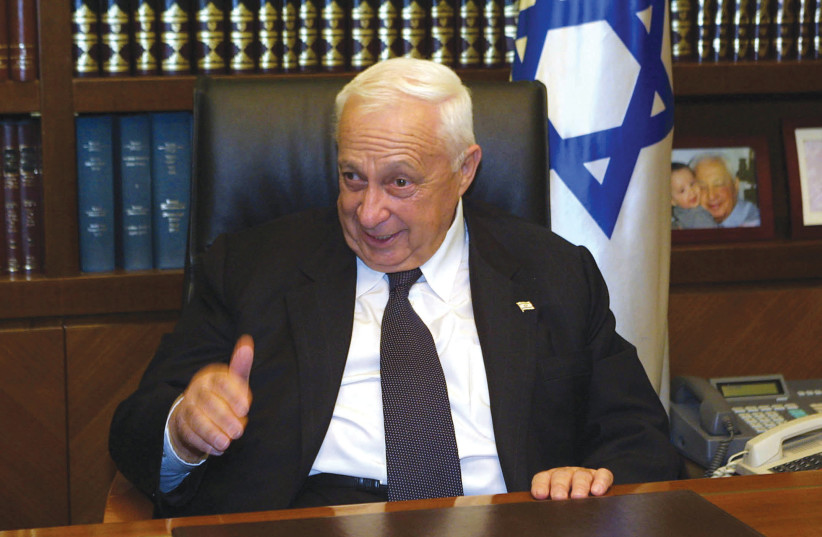Before it closed indefinitely due to COVID-19, opposition leader Benjamin Netanyahu ran regularly on a treadmill at the Knesset gym.
Netanyahu runs for a long time, while blasting Fox News loudly. Those who wait patiently for Netanyahu to stop running and give others a chance to use the treadmill tend to eventually realize he is not going anywhere any time soon and give up.
That metaphor might have finally run its course, as he and his lawyers consider a plea agreement that would require him to quit the Knesset and leave politics.
Politicians were careful in responding to reports of progress toward a plea deal, knowing they have reason to be skeptical about the intentions of both Attorney-General Avichai Mandelblit and Netanyahu himself.
But at least among leading figures in the Likud, their skepticism could not mask their excitement. They have been waiting so long to finally get a shot at the once-in-a-generation job of Likud leader.

History proves that the Likud leader’s post comes with the perk of getting to be prime minister: Menachem Begin, Yitzhak Shamir and Ariel Sharon were the other three Likud leaders.
So if Netanyahu really leaves the political scene, what happens?
According to the Likud’s bylaws, primaries within its party membership would have to be held within 90 days, but first the Likud central committee would select a temporary leader who could become permanent. Likud leadership candidate Israel Katz said he believes he will become temporary leader and immediately form a new government.
But the more likely scenario is that any serious attempt to rebuild the coalition in the current Knesset would take place after the Likud primary.
Yuli Edelstein is the only candidate who was willing to run against Netanyahu. But there might even end up being a dozen, which would require a second round of voting among the two top finishers.
The winner can form a government with the 72 right-wing MKs from Likud, the Religious-Zionist Party, Shas, United Torah Judaism, Yisrael Beytenu, Yamina and New Hope.
Perhaps a more likely scenario is that the new Likud leader would build a 73-MK coalition with Blue and White and all of those parties except Yisrael Beytenu, which cannot coexist with the ultra-Orthodox United Torah Judaism and Shas parties.
The day after Edelstein announced his candidacy in November, New Hope leader Gideon Sa’ar expressed his willingness at The Jerusalem Post Conference to cooperate with any new Likud leader.
“If Likud will bring another candidate, it will be natural to cooperate, not only for New Hope but for other parties,” Sa’ar told Post editor-in-chief Yaakov Katz. “Everything’s open. If they elect another leader, everything will be open.
Yisrael Beytenu leader Avigdor Liberman made a similar statement on the Meet the Press program on Saturday night.
The new Likud leader could also get greedy and decide he wants to win his own mandate to form a government from the people. In such a scenario, Israel would go to elections in the summer. If the Knesset disbands to do that, the rotation in the Prime Minister’s Office would happen early and Yair Lapid would be prime minister until a new government is formed.
The Likud candidate most likely to embark on that adventure would be Nir Barkat, who receives the most mandates in the polls among all the possible Netanyahu successors.
The final possibility is that Prime Minister Naftali Bennett fights for his political survival successfully and manages to keep his 61-MK coalition together. That would be harder without having Netanyahu as the coalition’s political glue, but it cannot be ruled out.
All of those options are, of course, dependent on Netanyahu agreeing to exit political life to guarantee that he would avoid jail time and Mandelblit being willing to acquiesce.
Until those things happen, Netanyahu will continue running – and all his potential future successors will continue waiting in frustration or just give up.
